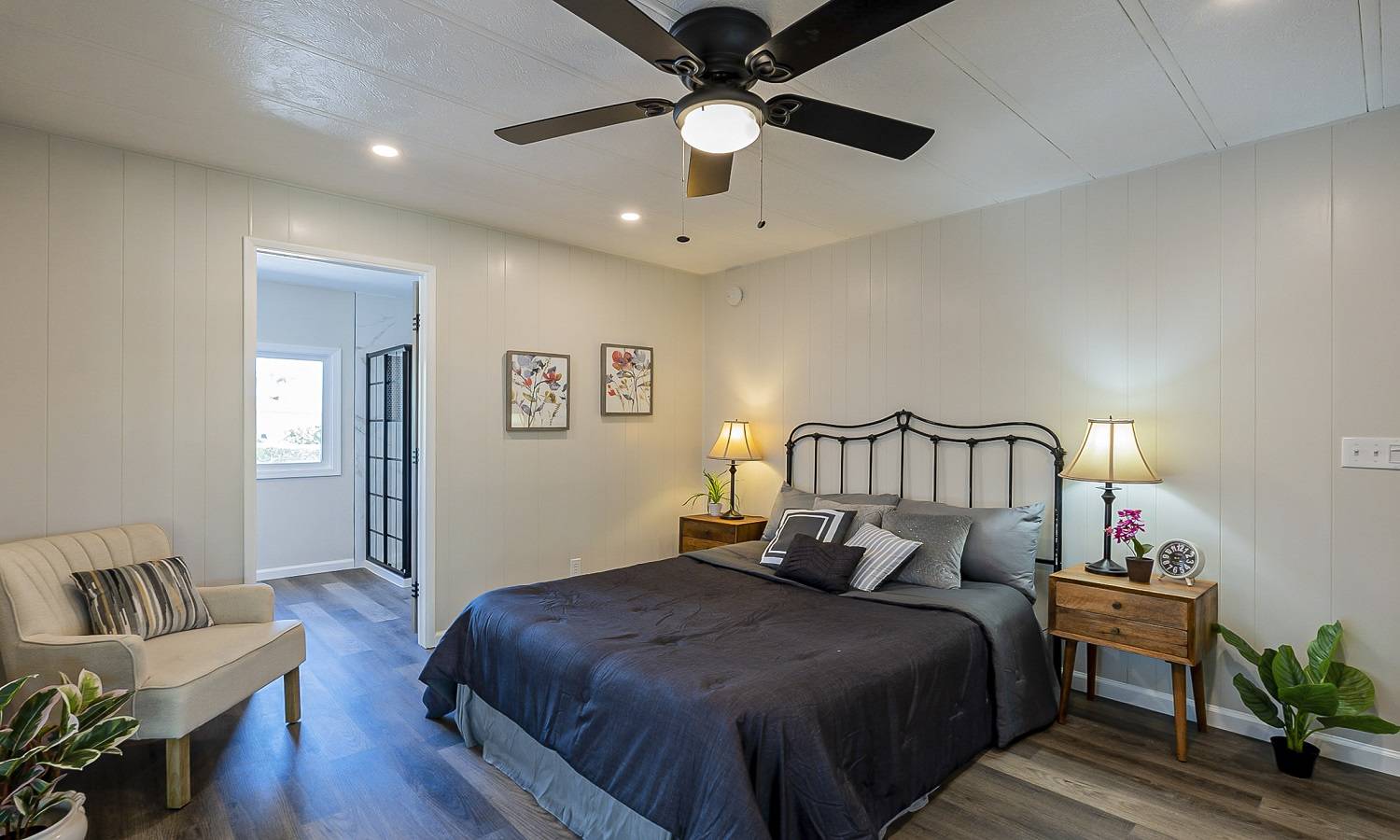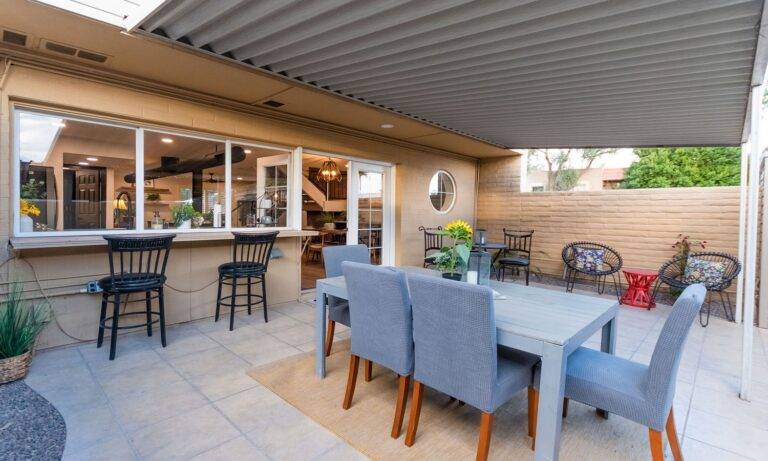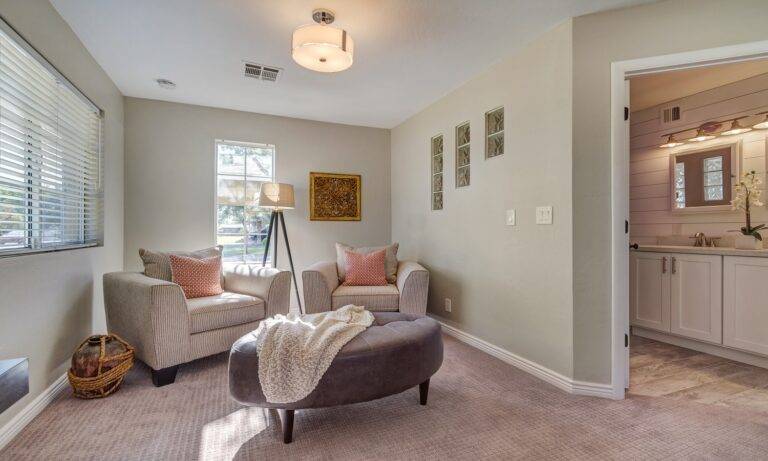Whether you are buying or selling a house you have to consider closing costs. Many buyers forget to factor this in and only save up enough money for a down payment and on the contrary, many sellers forget about closing costs and are shocked when they see their settlement statement showing all the closing fees.
What are Closing Costs?
First let’s start with defining closing costs, what they are and what they aren’t. Typical closing costs in Arizona consist of:
- Title insurance
- Title closing fee
- Closing protection letter
- Title reconveyance tracking fee
- Processing fee
- Underwriting fee
- Documentation fees and so much more
What are NOT Closing Costs but will show up on your closing settlement statement?
Distinguishing between closing costs and other expenses is crucial. Some expenses that appear on the closing settlement statement include:
- Taxes
- Mortgage Payoffs
- Commissions
- Seller’s Concessions
- Escrow/Earnest Money Deposit
- Property Insurance
- Home Warranty
How much are Closing Costs?
The precise amount of closing costs can vary based on the specific fees charged by the lender and the chosen title company responsible for providing title insurance, recording the deed, and holding the escrow account. It’s advisable to explore different lender and title company fee structures for comparison. Generally, closing costs fall within the range of 1-3% of the home’s sales price. Online closing cost calculators are available to assist with estimations.
Who Pays Closing Costs?
In a typical real estate transaction the seller and the buyer are responsible for their own closing fees as shown in the breakdown chart below:
Buyer’s Closing Costs:
- Appraisal Fee
- Credit Report Fee
- Appraisal Admin Fee
- Processing Fee
- Underwriting Fee
- Document Fee
- Flood Certification
- Lender’s Title Insurance
- Title Closing Fee
- Title Closing Protection Letter
- Recording Fee
- Mortgage Recording Fee
Seller’s Closing Costs:
- Owner’s Title Insurance
- Title Closing Fee
- Title Closing Protection Letter
- Title Reconveyance Tracking Fee
- HOA Disclosure and Transfer Fees
Avoiding closing costs entirely when selling a home in Phoenix may be challenging, as there are certain fees and expenses that are typically associated with the sale of a property. However, there are strategies you can employ to minimize these costs or shift some of them to the buyer. It’s important to note that while these strategies can help reduce your expenses, they might not eliminate them entirely. Always consult with a real estate professional or attorney before making decisions that could impact your sale.
- Negotiate with the Buyer: In a competitive real estate market, you might have more leverage to negotiate with potential buyers. You could discuss the possibility of splitting the closing costs or having the buyer assume some of them.
- Offer Incentives: Instead of reducing the selling price of your home, consider offering incentives to the buyer that cover some of the closing costs. For example, you could offer to cover a certain percentage of the buyer’s closing costs or provide them with a home warranty.
- Time Your Sale: In some cases, you might find a buyer who is eager to close quickly. This could give you more room to negotiate on closing costs. Conversely, if you have the luxury of time, you might be able to wait for a buyer who is willing to cover more of the expenses.
- Choose the Right Realtor: A skilled real estate agent can help you navigate negotiations and potentially find buyers who are willing to cover a larger portion of the closing costs. Their expertise can make a significant difference in the final terms of the sale.
- Consider Selling “As-Is”: While not directly related to closing costs, selling your home “as-is” could attract buyers who are willing to cover more of the expenses in exchange for not having to deal with repairs or updates. This can indirectly impact the overall financial outcome of the sale.
- Shop Around for Service Providers: While you can’t avoid all closing costs, you can often shop around for certain services such as title insurance, attorney fees, and property inspections. Getting multiple quotes could help you find more affordable options.
- Include Closing Costs in the Sale Price: Instead of explicitly stating that you won’t cover closing costs, you could build these costs into your initial asking price. This way, you’re not technically paying them, but the buyer is still covering them as part of the sale.
- Prepay Some Costs: Depending on the terms of your mortgage and the specifics of your sale, you might be able to prepay some expenses like property taxes or homeowner association fees, which can reduce the costs that the buyer would have to cover at closing.
It’s important to remember that while these strategies can help you minimize your expenses, they might also impact the attractiveness of your listing or the final selling price. Collaborate with a local real estate professional to determine the best approach for your specific situation and market conditions.
Additional Factor to Consider When Selling Your Home: Property Presentation
When presenting properties for sale, the concept of house staging or real estate staging takes center stage. Homes are intentionally staged to sell. Expertise in interior decoration and design ideas, including bathroom renovations and kitchen remodels, is crucial. Interior designers play a pivotal role in optimizing spaces and creating a captivating home interior.
Beyond the home’s interior, exterior elements like swimming pool design contribute to appeal. Staging companies specialize in both house staging and interior design services, creating a comprehensive presentation that enhances marketability. Moreover, if you’re looking to tackle clutter and enhance organization, decluttering companies like GQ Staging and Interiors are invaluable. From organizing and decluttering services to kitchen home improvements, these services can transform spaces.
In a world where home staging companies and interior designers work their magic, they focus on making a house interior stand out. From kitchen renovations to bathroom remodeling, they understand how to captivate potential buyers through thoughtful design. Remember, whether it’s kitchen reno or swimming pool design, every element contributes to the overall impression. The transformation from “house to home interiors” is an art, incorporating design and functionality.
So, whether you’re considering interior home ideas or remodel projects, the result will reflect meticulous interior design and home improvement efforts.
When searching for assistance, exploring decluttering services near you and home staging companies like GQ Staging and Interiors can connect you with professionals who specialize in decluttering, organization, and creating appealing spaces that align with the art of real estate staging.




